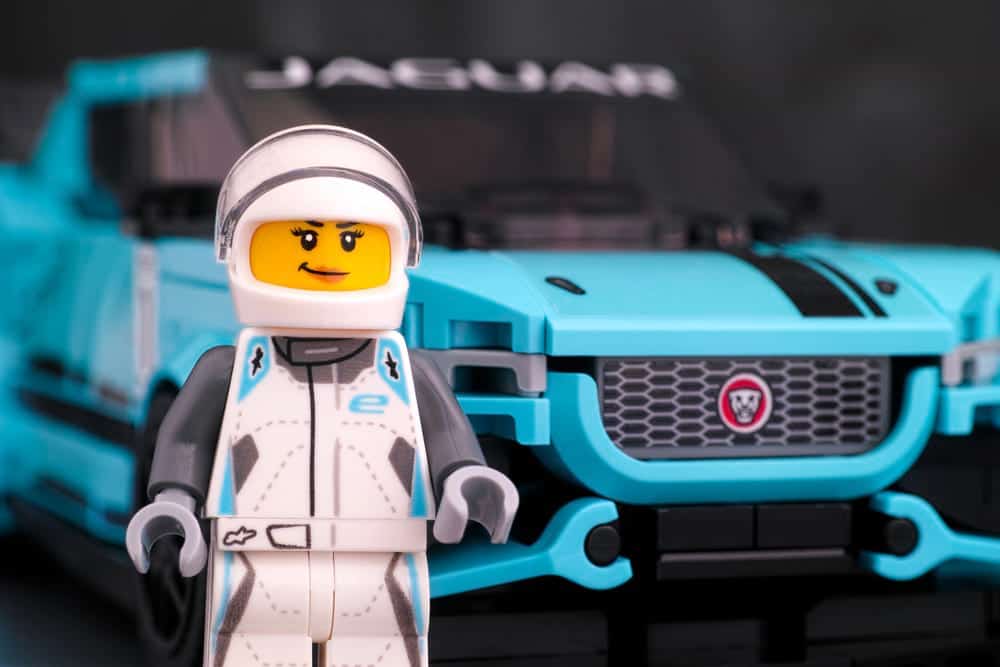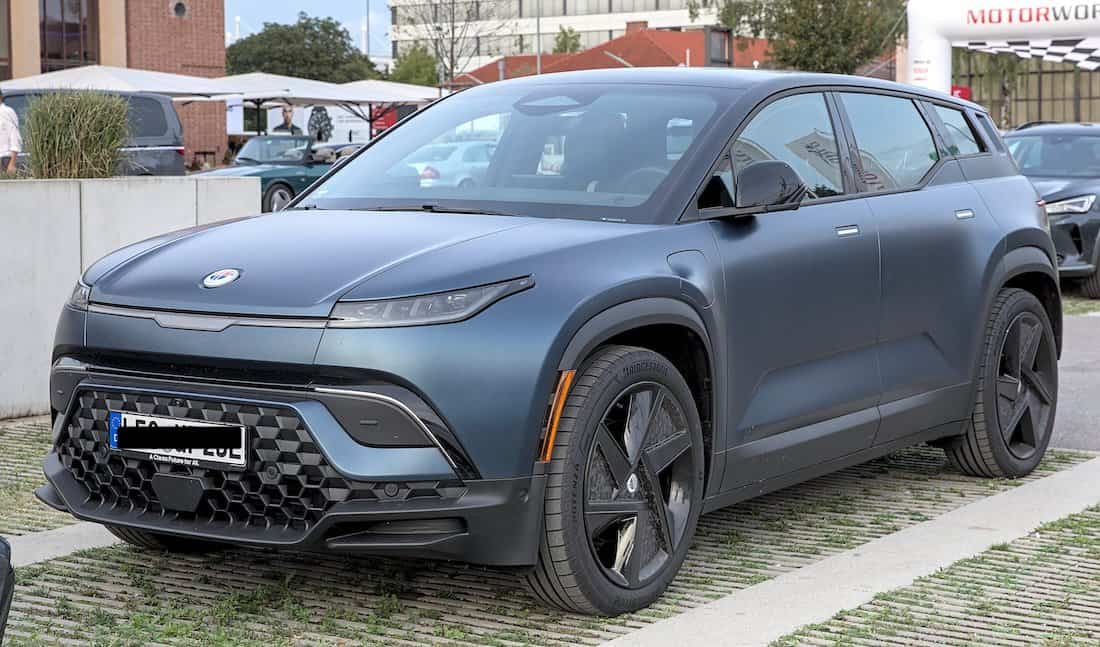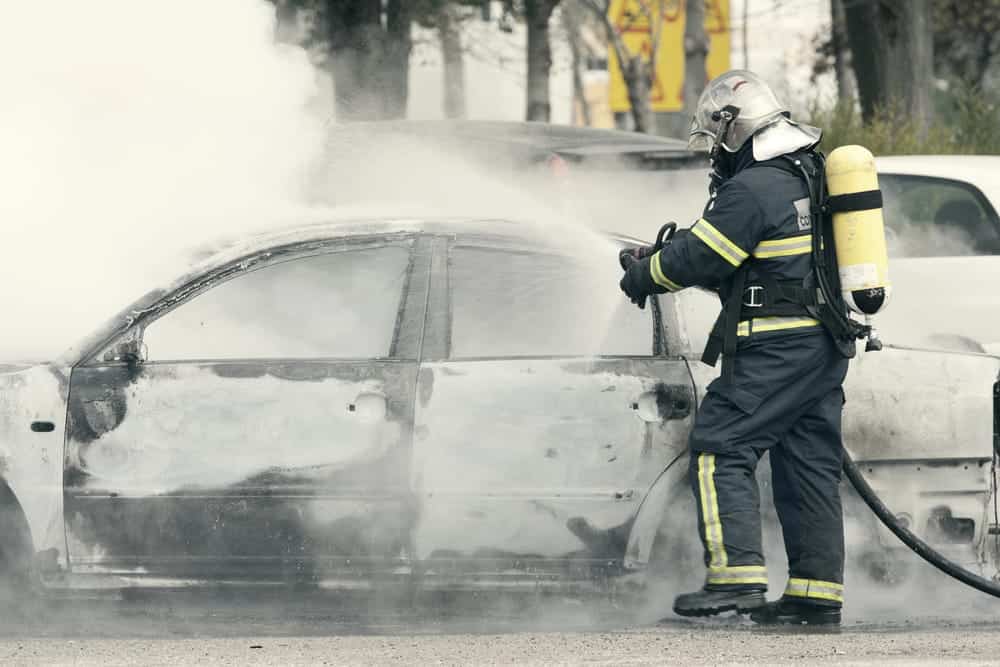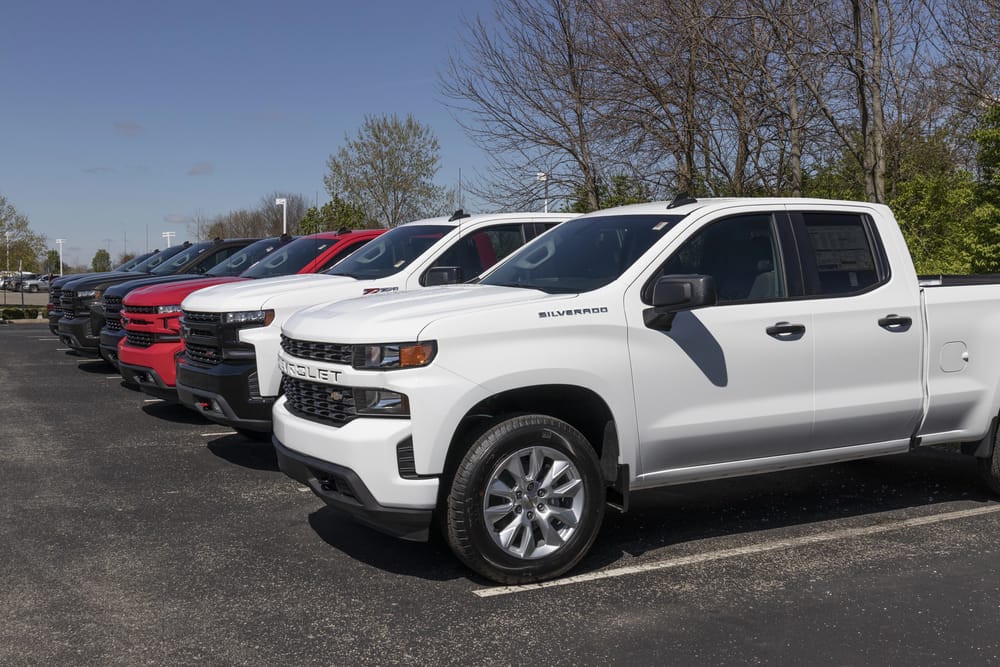If you own or lease a 2019-2024 Jaguar I-Pace, you may want to park it outside and away from any structures until you get it repaired.
Owners sue Jaguar in class action lawsuit.
Automaker Jaguar Land Rover North America LLC has been accused in a class action lawsuit of covering up a significant safety defect in Jaguar batteries that poses a potential fire risk.
In July 2023, Jaguar issued a safety recall involving certain 2019 to 2024 model year Jaguar I-PACE vehicles due to a risk of thermal overload within the high-voltage (HV) lithium-ion battery, increasing the risk of fire and injury.
According to the recall notice, the repair involves a software update to improve warnings about potential overheating and limit battery charging capacity to 75%.
Jaguar also told vehicle owners to park and charge their vehicles outside.
The safety defect in the Jaguar I-Pace.
On January 2, 2024, Jaguar I-Pace owners filed a 70-page class action complaint in the United States District Court for the District of New Jersey.
The class action alleges that despite Jaguar’s knowledge of this HV battery system defect and the ability to issue a stop-sale order until this problem was fixed, the company continued to market, advertise, and promote the recalled and defective vehicles.
The class action also alleges that Jaguar knew about its battery systems’ defects based on testing, internal sources, and consumer complaints, including from drivers who brought their Jaguar electric vehicles in for inspection and repair as early as June 2019 with the first report of fire and seven other reports of battery fires through May 2023.
The National Highway Traffic Safety Administration, or NHTSA, has also received multiple consumer complaints.
Jaguar discloses the “battery may overheat which increases the risk of a fire and occupant injury.”
The fire risk is serious enough that there has been a nationwide recall. These cars might unexpectedly go up in flames, potentially causing injury to people outside the vehicle and property damage.
The class action lawsuit alleges that this risk poses an unreasonable danger to drivers, passengers, pedestrians, and property, particularly if the I-Pace suddenly ignites while parked at an owner’s home, on a public street, or in a public parking lot.
In its first notification to vehicle owners, Jaguar advised owners that:
“The high-voltage battery may overheat which increases the risk of a fire and occupant injury and/or injury to persons outside the Vehicle, as well as property damage.” Class action complaint.
The Complaint states the recall notice further warned the owners “to park and charge their vehicles outside” until the recall is completed and “not to charge beyond 75% capacity.”
Yet, to date, Jaguar has failed to remedy the issue and has so far informed owners and lessees that there is currently no permanent fix.
Jaguar has not given a timeline on when any complete repair or fix would be available.
Park outside and no permanent fix.
An electric vehicle that cannot be parked at its home or charged beyond 75% capacity is not fit for its ordinary purpose. Yet owners and lessees continue to make loans, leases, and insurance payments on electric vehicles they cannot safely use.
The class action complaint alleges owners and lessees have justifiably lost confidence in the vehicles’ safety and reliability. The battery system defect substantially impairs the vehicles’ value. It is reasonable for a consumer to expect the battery system in an electric car will not contain a defect that may lead to a fire, serious injury, or other defect that would prohibit them from safely using their vehicle.
However, while Jaguar has issued a recall, according to the class action Complaint, “the H441 recall expressly does not fix the defect nor prevent future battery failures.”
Moreover, since the recall applies to 2024 vehicles that have yet to be sold or manufactured and specifically acknowledges that no endpoint has been identified, there is no reason to believe that a replacement battery will be less dangerous.
Owners of recalled model-year I-Pace vehicles should:
- Contact their local Jaguar dealership to schedule a free repair once it is available.
- Any I-Pace owner who paid out of pocket to have the issue fixed should submit a receipt for the work done and get reimbursed.
- Owners can also check if their vehicle is affected by entering their VIN number on NHTSA.gov/recalls.
I-Pace owners’ lemon law rights
You have important consumer legal rights if your Jaguar I-Pace has caught fire.
Owners or lessees of Jaguar I-Pace model years 2019-24 vehicles should be aware that the California lemon law and other state and federal laws may force Jaguar to either “buy the vehicle back” or provide further compensation.
For residents of California, qualifying lemons must be repurchased under California’s lemon law.
The Song-Beverly Warranty Act, California Civil Code §1793.2(d)(1), is a California state law requiring manufacturers to repair defects after reasonable repair attempts. What is “reasonable” is not set in stone – safety defects should be fixed immediately, for example. The defects must “substantially impair the vehicle’s use, value, or safety.” Civil Code §1793.22(e)(2).
Under Civil Code §1793.2(d)(1), manufacturers such as FCA must promptly offer repurchase or replacement of the vehicle if they cannot fix it in a reasonable time frame. In addition, Civil Code §1794(c) and §1793.2(d) provide that customers may have a civil penalty up to two times the actual damages if manufacturers acted “willfully” (meaning knowingly, not necessarily malicious) in ignoring or failing their obligations under the Song-Beverly Act.
Finally, as the Song-Beverly Act is a pro-consumer fee-shifting statute under Civil Code §1794(d), manufacturers such as Jaguar must pay consumers’ attorney’s fees and costs as part of any litigation or settlement.
All of this can mean a large cash refund and payoff of your loan or lease and could be as much as everything you paid for the vehicle and everything you owe: monthly payments, down payments, tax, finance charges, license, registration, etc.
You could even qualify for two times your money back. The law has a formula that starts with you getting all your money back and then subtracting certain deductions and exclusions from your payment.
Seeking a buyback and refund from an automobile manufacturer can be a challenging process to understand.
We can help you sort through these issues and make an informed decision.



